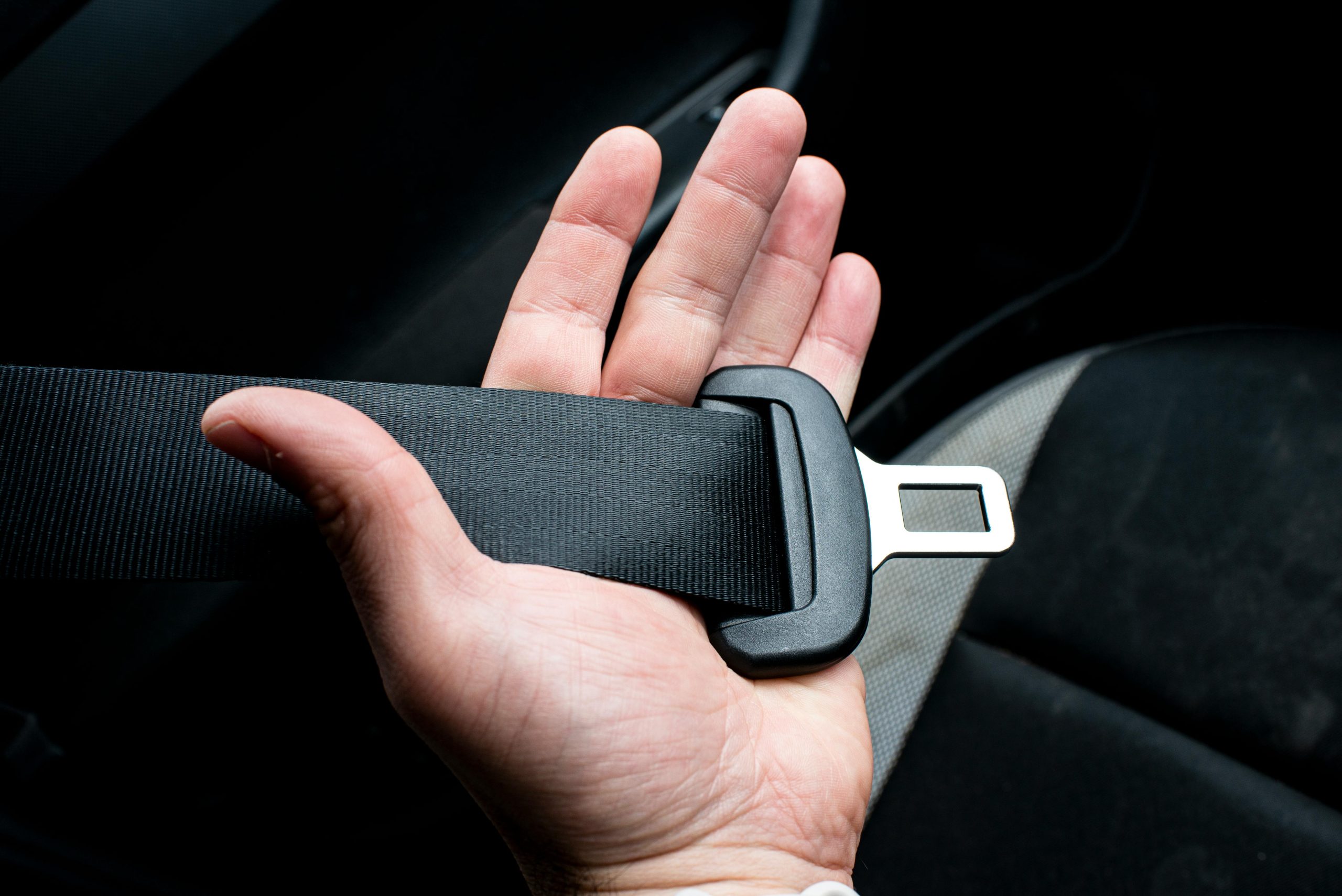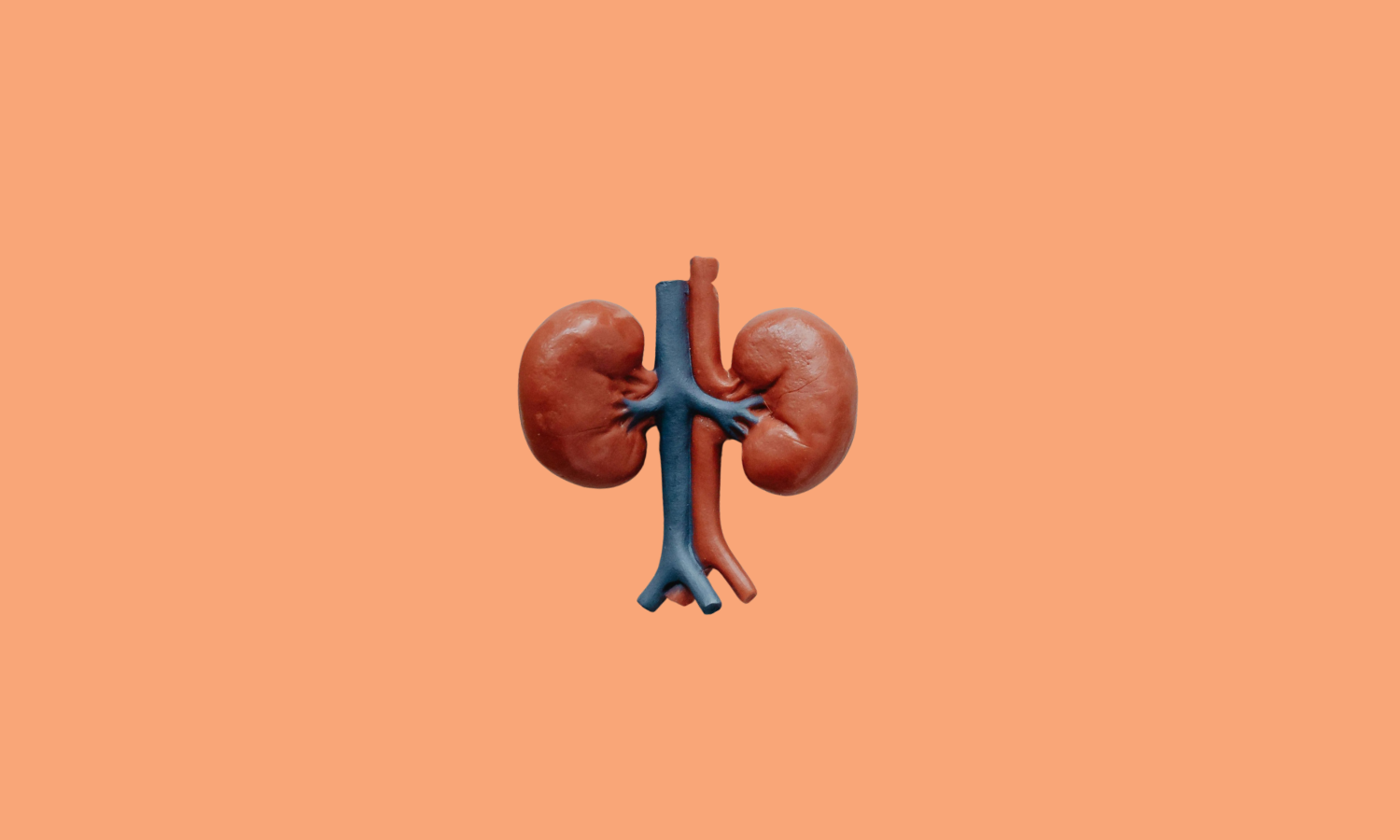For people living with diabetes, it’s especially important to protect their kidneys. The most common type of kidney disease in people with diabetes is called diabetic nephropathy.
Your Kidneys: So Much More than Filters
You have two kidneys, and they do a lot more than just make urine! They act like tiny, sophisticated filters for your body. Each kidney typically has one million of these filters. Your kidneys get rid of waste, excess salt, and water. They also balance your body’s chemistry, including electrolytes (sodium and potassium), and even produce hormones that help control blood pressure and tell your body to make blood. Because they are so vital, damaged kidneys can cause serious health problems.
How Diabetes Harms the Kidneys
Over time, consistently high blood sugar levels from diabetes can damage the delicate filters inside your kidneys. Think of a kidney filter like a spaghetti strainer. Normally, the holes are small enough to keep important things—like protein—in your blood while letting waste out.
Diabetes makes those tiny filtering holes get bigger. This causes the kidneys to become “leaky,” allowing a protein called albumin to slip out and end up in your urine. As this damage continues, and more and more filtering units within the kidneys are lost, the kidney’s main job—filtration—starts to slow down.
Catching Damage Early
One of the most important things to know is that early kidney damage from diabetes usually causes no symptoms. You won’t feel anything is wrong! The first sign might just be the development of high blood pressure.
That’s why screening for kidney damage is crucial for people with diabetes. Your doctor should be doing simple tests regularly:
- Urine Test (Albumin-to-Creatinine Ratio): This checks for small amounts of the protein albumin in your urine. Any abnormal amount suggests damage, and the more albumin in the urine, the greater the damage.
- Some people just seem more sensitive to diabetes and have more protein in the urine, possibly due to their genetic makeup, given to them by their parents. It is not their fault if they are more sensitive to diabetes and have more albumin in their urine. However, they are at higher risk of kidney and heart disease, and must work harder to reduce that risk.
- Blood Test (Serum Creatinine): This measures a waste product called creatinine. A higher level suggests your kidneys aren’t filtering well. This test can also be used to estimate the kidney function with a calculation called the eGFR (estimated glomerular filtration rate)
If you have Type 2 diabetes, you should be screened for kidney damage with a urine and blood test every year. If you have Type 1 diabetes, this screening can start five years after your diagnosis once you are a teenager. If you haven’t been tested, ask your doctor!
Stopping the Damage
The best way to prevent kidney disease from diabetes in the first place is to keep your blood sugar under the best possible control.
If some damage has already occurred, you can still slow it down and prevent it from getting worse! You can really make a difference by:
- Controlling Blood Pressure: Keeping your blood pressure under good control reduces the stress and pressure on your kidneys.
- Taking Medications: There are now four classes of powerful medications (including ACEi [angiotensin converting enzyme inhibitors], and ARBs [angiotensin receptor blockers] used to help with blood pressure control, The new medication classes that have been found to add kidney and heart protection to ACEis and ARBs are the SGLT2i drugs [sodium-glucose linked cotransporter 2 inhibitors], MRAs [mineralocorticoid receptor antagonists], that specifically protect the kidneys, lower the pressure inside them, and reduce albumin leakage, and GLP1-RAs like semaglutide given by needle.
Working closely with your healthcare team to manage blood sugar, control blood pressure, and appropriately add these new protective medications can slow or stop kidney disease from worsening.



